
Marquess of Normanby is a title that has been created twice, once in the Peerage of England and once in the Peerage of the United Kingdom. The first creation came in 1694 in the Peerage of England in favour of John Sheffield, 3rd Earl of Mulgrave. He was a notable Tory politician of the late Stuart period, who served under Queen Anne as Lord Privy Seal and Lord President of the Council. In 1703 this first Marquess of Normanby was further honoured when he was made Duke of Buckingham and Normanby. These titles became extinct on the death of the 2nd Duke in 1735.

Constantine Henry Phipps, 1st Marquess of Normanby,, styled Viscount Normanby between 1812 and 1831 and known as The Earl of Mulgrave between 1831 and 1838, was a British Whig politician and author. He notably served as Lord Lieutenant of Ireland from 1835 to 1839 and as Home Secretary from 1839 to 1841 and was British Ambassador to France between 1846 and 1852.
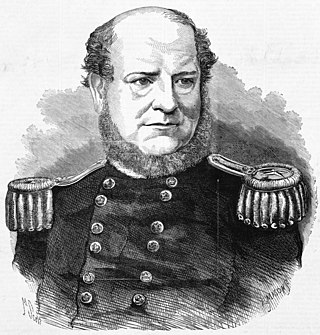
George Augustus Constantine Phipps, 2nd Marquess of Normanby, styled Viscount Normanby between 1831 and 1838 and Earl of Mulgrave between 1838 and 1863, was a British Liberal politician and colonial governor of Nova Scotia, Queensland, New Zealand and Victoria.
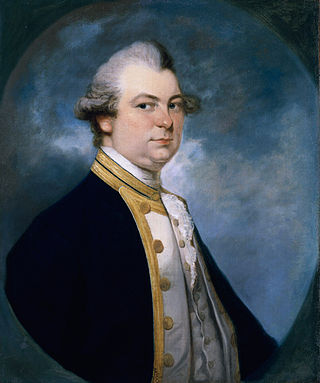
Constantine John Phipps, 2nd Baron Mulgrave was an English explorer and officer in the Royal Navy. He served during the Seven Years' War and the American War of Independence, seeing action in a number of battles and engagements. Inheriting a title, he also went on to have a successful career in Parliament and occupied a number of political offices during his later years.

General Henry Phipps, 1st Earl of Mulgrave,, styled The Honourable Henry Phipps until 1792 and known as The Lord Mulgrave from 1792 to 1812, was a British soldier and politician. He notably served as Foreign Secretary under William Pitt the Younger from 1805 to 1806.
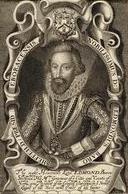
The title Earl of Mulgrave has been created twice. The first time as a title in the Peerage of England and the second time as a Peerage of the United Kingdom.

Henry FitzRoy, 5th Duke of Grafton, styled Viscount Ipswich until 1811 and Earl of Euston between 1811 and 1844, was a British peer and politician.
General Charles George James Arbuthnot, DL was a British general.

Lieutenant-General Albemarle Bertie, 9th Earl of Lindsey was a British nobleman and general.

General Charles FitzRoy, 1st Baron Southampton was a British Army officer who served in the Seven Years' War and a politician who sat in the House of Commons from 1759 to 1780. The second son of Lord Augustus FitzRoy, FitzRoy joined the 1st Foot Guards as an ensign in 1752 and was promoted to lieutenant-colonel in 1758. In the following year he fought at the Battle of Minden as an aide de camp, where he was a part of the controversy surrounding Lord George Sackville's slow reaction to orders sent to him. FitzRoy was also present at the Battle of Vellinghausen in 1761. Having been quickly promoted through the ranks with the support of his powerful family, he was promoted to major-general in 1772 and became a general in 1793.
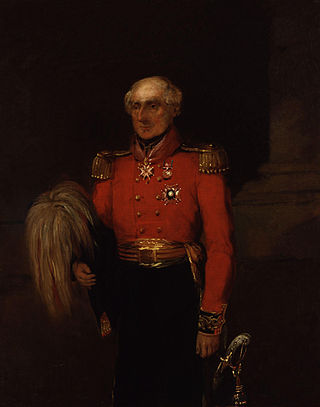
Lieutenant-General Sir Colin Campbell was a British Army officer and colonial governor.
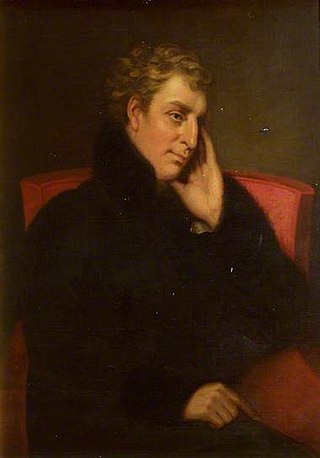
Henry Augustus Dillon-Lee, 13th Viscount Dillon (1777–1832), was an Irish politician, soldier and writer. Despite being a Protestant, he supported Catholic emancipation in Ireland and wrote on the topic. He sat as MP for Harwich in England in the last parliament of Great Britain and the first parliament of the United Kingdom. In the second parliament of the United Kingdom he sat for County Mayo in Ireland.

Colonel Sir Charles Beaumont Phipps, was a British soldier and courtier.
General Hon. John Chapple Norton was a British Army officer who served in the American Revolutionary War and who later became a Member of Parliament for Guildford.
Constantine Phipps, 1st Baron Mulgrave was an Irish peer. In 1767 he was created Baron Mulgrave, of New Ross in the County of Wexford, in the Peerage of Ireland.
General Sir Henry Frederick Campbell, was a soldier of the British Army.

Lieutenant-General Sir Hercules Robert Pakenham was a British Army officer who served as aide-de-camp to William IV of the United Kingdom.

General Sir Henry Tucker Montresor was a general in the British Army.
General the Honourable Henry St John was a senior British Army officer and politician who sat in the House of Commons from 1768 to 1784 and briefly in 1802. He also served as a Groom of the Bedchamber.

General the Hon. Edward Pyndar Lygon, CB was a senior officer in the British Army and a Member of Parliament.















